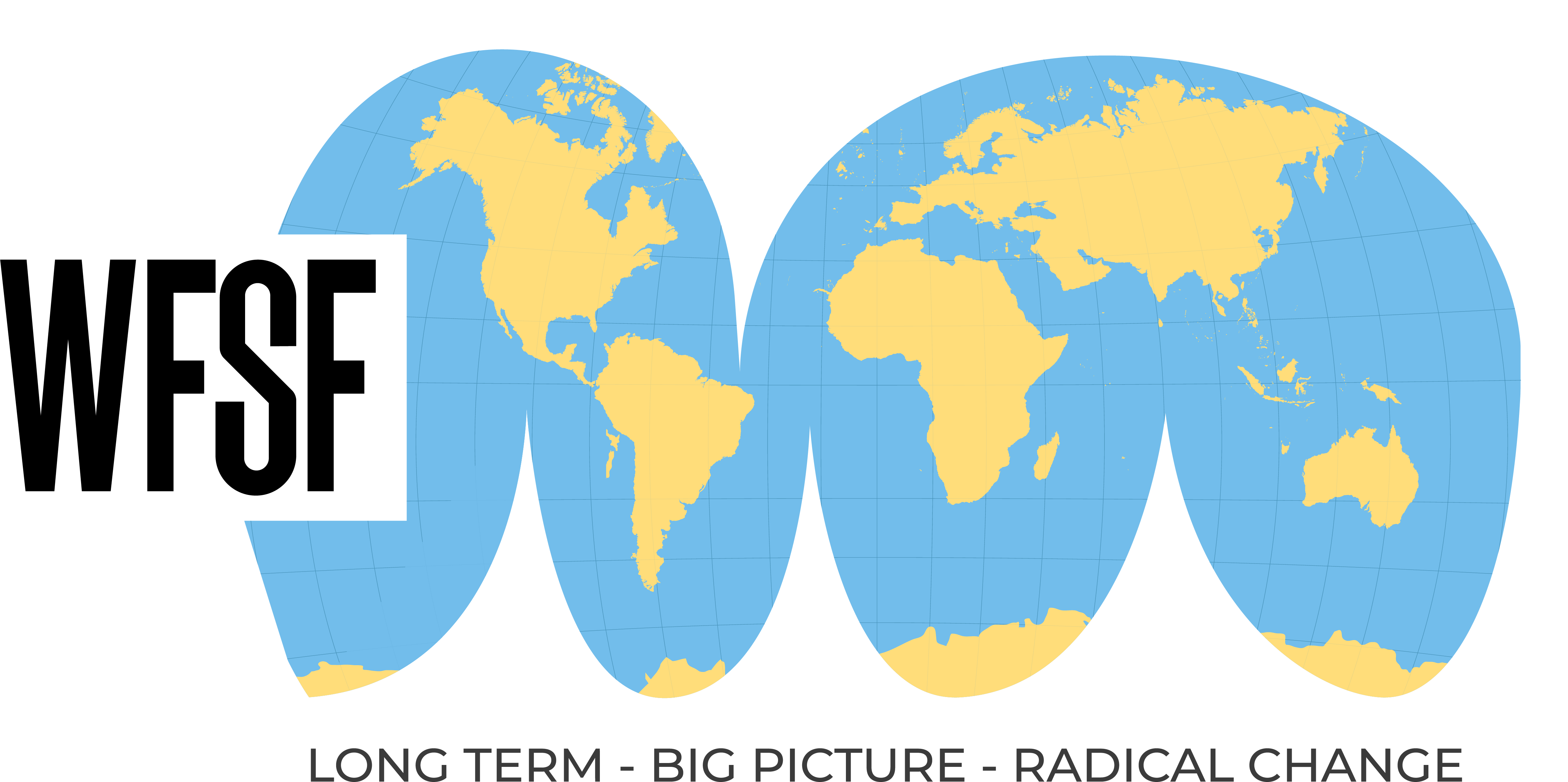24th World Conference

Futures or the Reproduction of Oppression
The way humans think about the future creates fragility: excessive path-dependency exposes us. Our desire for certainty is constructed. Stuck in a quest for optimisation, preparation, and planning, we use our range of anticipatory systems and processes (ASP) to predict risks, reduce their negative externalities, and optimise foreseen opportunities. This quest for time optimisation is another road to seek security, regardless of factors and variables that hint both at its undesirability and its impossibility. In that sense, Western psychosis alienated us from a more anchored, indigenous understanding of the world. We have colonised our evolution in the cycle of life as a quest for options to be maximised.
By ‘Indigenous’, I refer to critical Indigenous methodologies as advanced by decolonial First Peoples researchers, from Linda Tuhiwai Smith to Leanne T. Simpson, right through Afrikana Studies. The following article is an effort to explore ways of connecting decolonial studies with futures studies. This article aspires to nourish a conversation between fields in the hope that such interaction will benefit us all.
Always competing for a single truth, we are lost in mirrors of fake uncertainty with the unpleasant feeling of missing out. While neoliberalism has managed the exploit of self-appropriating ‘innovation’ as its own label, it is painful to see how generations are encouraged to reproduce the lack of diversity of ideas, cultures, and peoples.
There is evidence of a correlation between our use of specific anticipatory systems and processes and the reproduction of dominant systems of oppression as a form of continuity (I). Once acknowledged, this vicious cycle can only be challenged by a reconfiguration of our understanding of the methods, use and purpose of the study of said anticipatory systems and processes (III), for which there is already evidence of sense-making through collective intelligence knowledge creation processes (II).

